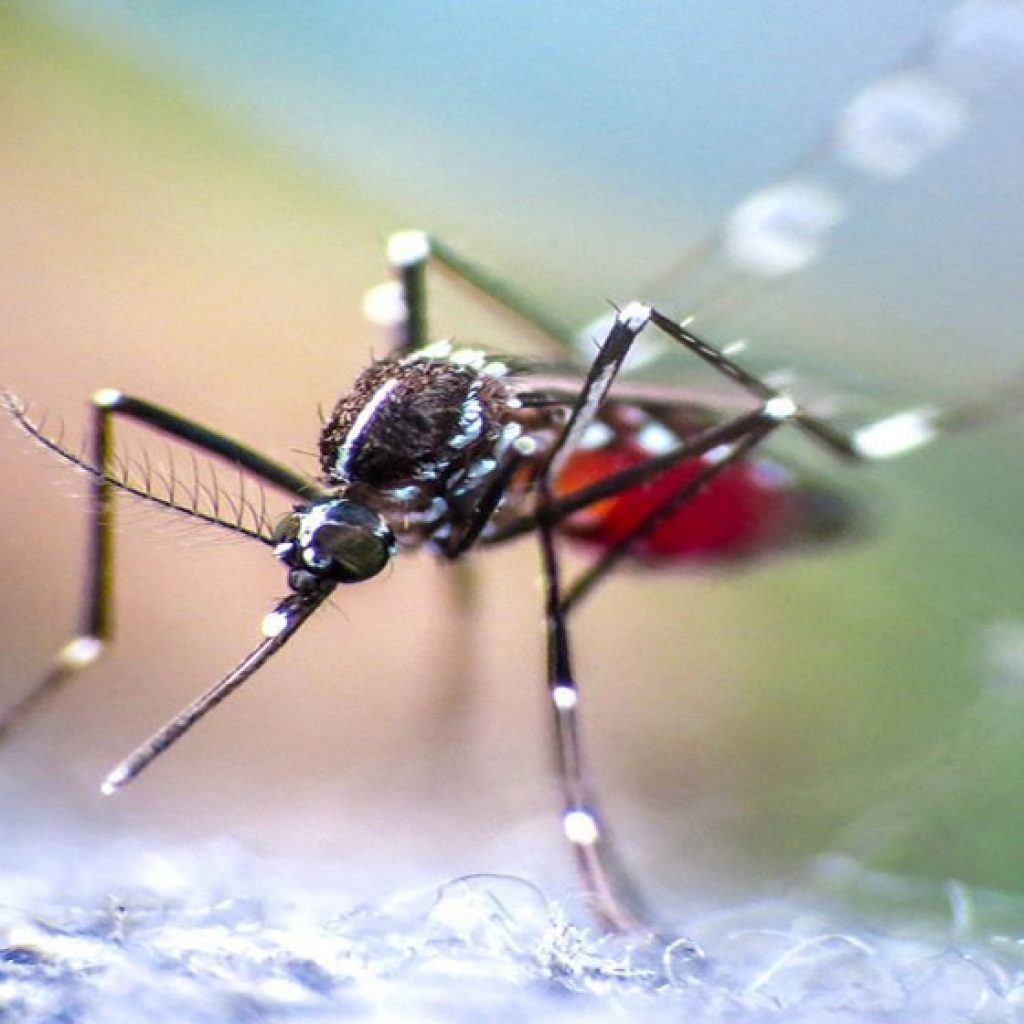Indonesian researchers have claimed that dengue mosquitoes infected with a specific bacteria help in reducing the spread of the deadly dengue virus by 77%.
According to a study recently published in the New England Journal of Medicine, Indonesian researchers infected the mosquitoes with ‘wolbachia bacteria’ over the course of the study that was held in Yogyakarta.
ALSO READ
PIA Temporarily Suspends Flights to Northern Areas
Wolbachia bacteria didn’t harm the dengue mosquitoes but interfered with the ability of the dengue virus to replicate in the bodies of mosquitoes. The bacteria also controlled the reproduction of the modified mosquitoes that resulted in wolbachia-infected offspring.
The researchers used five million Wolbachia infected mosquito eggs that were placed in water buckets after every two weeks. It took them nine months to build up a considerable population of Wolbachia infected dengue mosquitoes.
They then divided Yogyakarta city into 24 zones with a population of more than 8,000. But the modified mosquitoes were only released in 12 zones with a population of 4,000.
Only 2.3% of the Yogyakarta population living with modified mosquitoes was diagnosed with dengue fever against 9.4% of those living with non-modified mosquitoes.
ALSO READ
Pakistan’s Public Debt Soars to Rs. 38 Trillion
Dr. Katie Anders, the study’s lead investigator, has said that dengue cases decreased by 77% and the hospitalization rate reduced by 86% among the Yogyakarta population living with wolbachia-infected mosquitoes.
She added that the study has been so successful that the modified mosquitoes have been released across the whole city and the project is moving to surrounding areas with the aim of eradicating dengue in the region.
The post Scientists Find A Simple Way to Reduce Dengue Infections by 77% appeared first on .


